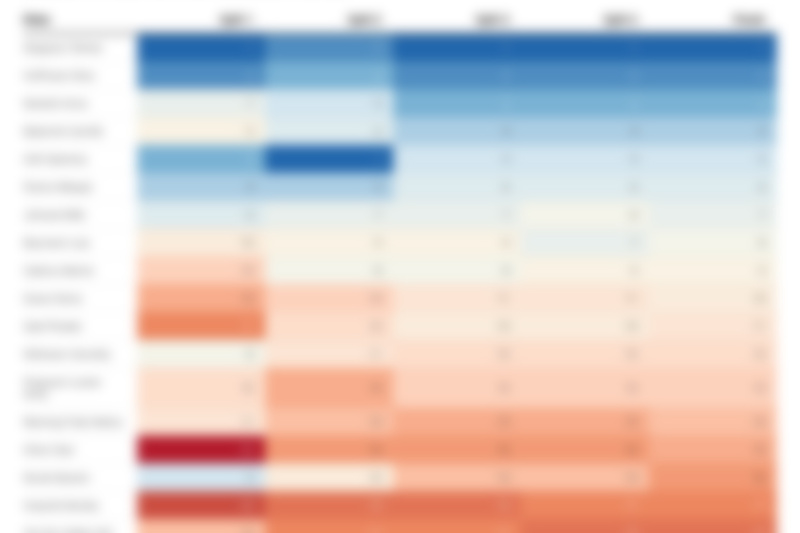World
UN World Food Program cautions “full-blown famine” in North Gaza

The Executive Director of the UN World Food Programme (WFP), Cindy McCain, has warned of a “full-blown famine” in the northern region of the Gaza Strip. Although reports of widespread starvation and deteriorating humanitarian conditions have surfaced, this is the first time a UN official has confirmed ongoing famine in Gaza.
In an interview with NBC News on Sunday, McCain claimed that, based on what WFP has “seen and experienced” on the ground, there is “full-blown famine in the North, and it’s moving its way South”. McCain urged for an immediate ceasefire as well as a safe and unfettered influx of humanitarian aid – including food, sanitation, and medicine. McCain also warned that generations of children would be affected by famine even if the war is ended due to their bodies not developing properly.
Getting aid into Gaza has been a major priority for international groups and a source of conflict with Israel. In recent weeks, more humanitarian assistance has been able to reach Gaza with the opening of the Erez and Karem Shalom crossing with Israel. However, the amount of humanitarian aid still needs to be significantly increased, says McCain, and the safety of workers needs to be ensured; anyone working on the ground is in danger. McCain asserts more than 200 UN aid workers have been killed in Gaza.
COGAT, an agency of the Israeli Ministry of Defense coordinating the influx of humanitarian aid into Gaza, claimed that no UN representatives had indicated a risk of famine in Northern Gaza and that “the humanitarian situation is improving”. Furthermore, the agency claimed that international organizations had stated that the amount of aid to Northern Gaza should be reduced based on the quantity of goods in relation to the population.
The International Court of Justice twice ordered Israel to provide for the entry of humanitarian assistance into Gaza to prevent a “plausible” genocide of Palestinians, following proceedings that South Africa initiated in January. In its second order, the ICJ noted, “Palestinians in Gaza are no longer facing only a risk of famine, as noted in the Order of 26 January 2024, but that famine is setting in.”
In March, UN Under-Secretary-General for Humanitarian Affairs and Emergency Relief Coordinator Martin Griffiths urged Israel to revoke the decision to block UN Relief and Works Agency for Palestine Refugees (UNRWA) food convoys as it “only pushes thousands closer to famine”.










